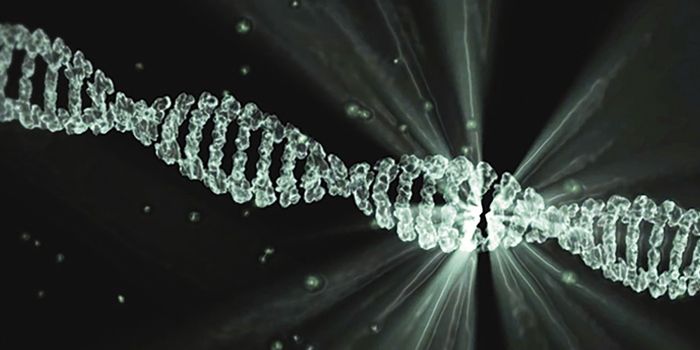Earth & The Environment
Could the Environment of Deep-Sea Vents Create Life?
APR 14, 2014 12:00 AM PDT
Share
Genetic Link of Impulsivity and Procrastination
 Both procrastination and impulsivity are common traits of modern mankind, but some people exhibit these behaviors to a greater degree than others-and people who exhibit one of these behaviors tend to exhibit both of them. Is that a quirk of learned behavior, or is there a genetic basis for this connection?
Both procrastination and impulsivity are common traits of modern mankind, but some people exhibit these behaviors to a greater degree than others-and people who exhibit one of these behaviors tend to exhibit both of them. Is that a quirk of learned behavior, or is there a genetic basis for this connection?According to research recently published in Psychological Science, there is a genetic connection between these two behaviors. A research team from the University of Colorado in Boulder studied pairs of twins to ascertain this link.
The team conducted behavioral surveys using 181 pairs of identical twins and 166 pairs of fraternal twins. Because fraternal twins share 50% of their genes and identical twins share all, properties that are more often shared by identical twins over fraternal twins are more likely to be genetically determined.
Not only did the team conclude that procrastination and impulsivity are both inherited traits, they also concluded that there is a complete overlap in these genetic tendencies-in other words, no genetic influence was only a contributor to procrastination and not impulsivity, or vice-versa.
Why would this be the case? From an evolutionary standpoint, impulsivity makes sense. To early man, not taking quick actions may have meant the difference between life and death. By that logic, our ancestors may not have had the luxury of procrastination.
However, in today's world, impulsivity does not often lead to life-threatening situations. We have the luxury of forgetting or putting off tasks, generally without fatal consequences (unless you forgot your spouse's birthday or your anniversary). It does tend to lead to distraction and the inability to focus and finish tasks.
In essence, impulsivity is believed to be an initial genetic factor and procrastination evolved from impulsive habits-giving both behaviors a genetic connection, just evolving at different times in the development of man.
If you are genetically prone to procrastination and impulsivity, you probably have to fight very hard to maintain focus, you probably tend to make hasty decisions and often fail to achieve goals because of these factors. Does this study mean that you can blame it all on Mom and Dad? Not really.
While genetic factors may give you a predisposition to be a certain way, it does not mean you cannot overcome distractions, make calm rational decisions, and be a superior leader-it just means you may have to work harder at it than others.
While the link has been established between impulsivity and procrastination, the mechanics of this link are not known. What are the biological, environmental, and cognitive processes that lead to procrastination and impulsivity? That is the next step for the research team.
The more that the mechanisms of procrastination and impulsivity are understood, the greater the chance that researchers will be able to develop measures to help us prevent the behaviors-and be more likely to successfully maintain focus, complete tasks, and reach our goals.
In the meantime, we can't help but wonder...how long did it take them to finish the study, and how did they avoid jumping to conclusions?
You May Also Like
Loading Comments...








